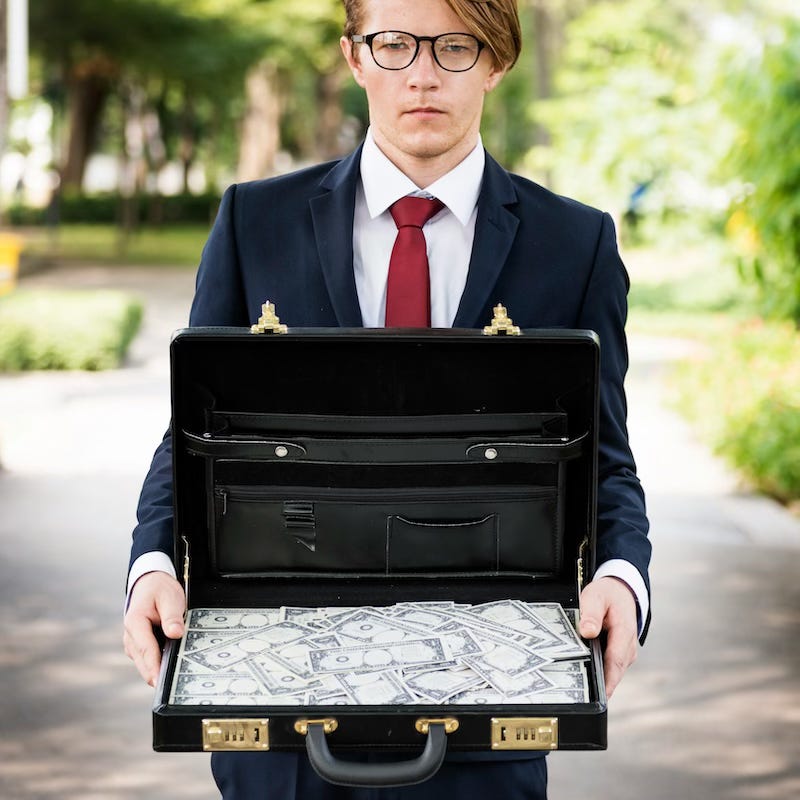I’m not gonna lie.
The first few times it happened, my feelings were (ever so slightly) hurt.
But when the phenomenon extended to an entirely different element, moving from earth to water, experience had taught me to interpret it not as a personal rejection but as a Triumph of Generosity.
(Note: Generosity is also the theme of this month’s meditation HERE).
I’m speaking about Vlad’s behavior on the baseball field, of course, now displayed each time we’re playing fetch in the water.
You see, I am, in either scenario, always his second-choice playmate.
Back at our Brooklyn baseball field, Vlad, in a method known only to him, would approach each person one by one, drop the ball in front of them, and then maintain eye contact to make sure they knew he was giving them a chance at the game.
If they were somehow clueless, he might let out a little yelp to express his frustration and the needless delay.
On those inclement mornings when we were the only intrepid souls out on the playing field, he was more than delighted to engage in the game with just me.
Yet whenever there were others involved, his loyalty expanded to the crowd.
When it came to fetch partners, he was, like a true millennial, utterly and ethically non-monogamous.
My surprise was therefore only momentary when, during our set of swims in the recent heatwave, I was once again NOT his first choice.
Vlad would return the ball to other family members at the lake first, wanting to make sure they were all involved in the game.
Rather than rejection, I see this completely as a sign of his generosity, and especially in the case of waterfront fun, its ripple effect.
Science has in fact proven that generosity is contagious.
In a 2010 study, researchers James H. Fowler (UC San Diego) and Nicholas A. Christakis (Harvard) devised an interesting experiment.
They created a game (one that seems slightly complicated to me in the retelling), but it’s basically this:
Each player started with 20 credits and got to secretly decide how much to contribute to a shared group fund.
That group fund was then multiplied and divided evenly among everyone.
To make things even trickier, players didn’t find out what anyone else had contributed until after the round ended — and for the next round, they were reshuffled anonymously into new groups.
Thus, hoarding could be rewarded, depending on the group’s behavior.
The results?
Despite what talking head economists on the cable news networks might predict, people did not behave selfishly.
Instead, the researchers found that people gave more when they saw others doing the same.
When one player gave generously, it inspired others in the group to do the same — not just once, but in future rounds, even with new people.
Even when a “punishment” round was added —where players could penalize selfish behavior — generosity lasted even longer.
Basically, once witnessed Generosity spread like a chain reaction.
It was two decades ago when I was living in a splendidly bohemian, five-floor walk-up Chinatown loft.
During those years, I often sublet the extra bedroom to an interesting array of characters.
One of my favorites was “Ben” — perhaps the nerdiest and coolest person I’ve ever met.
An entrepreneurial tech guy, a diehard gamer, and hardcore Star Trek fan, he was also a sharp dresser and — with more charisma than height — through quirky charm had blossomed into a surprisingly successful ladies’ man.
Ben was an excellent roommate — both fun and reliable — and the one time his rent check bounced, here’s how he responded:
With a hilarious level of drama — as though he were paying a midnight ransom at a kidnapping — in a metal attaché case worthy of James Bond, he stacked enough hundred-dollar bills to clear the debt.
A year or two later, when I was at a particularly low ebb because I was self-producing what would become my bestselling Yoga In Bed DVD, I asked if he could advance me $1,000 on next month’s rent.
That night, the same briefcase reappeared, stacked with hundred-dollar bills… except this time, he included one extra.
As I thanked him, I also asked why he’d included the extra $100.
He shrugged and said:
“If your buddy needs to borrow a thousand bucks,
you should always throw in an extra hundred.”
I’ve offered this poem by Danusha Laméris before but it so beautifully illustrates this ripple effect of generosity, I feel compelled to share it again.
Small Kindnesses
I’ve been thinking about the way, when you walk
down a crowded aisle, people pull in their legs
to let you by. Or how strangers still say “bless you”
when someone sneezes, a leftover
from the Bubonic plague. “Don’t die,” we are saying.
And sometimes, when you spill lemons
from your grocery bag, someone else will help you
pick them up. Mostly, we don’t want to harm each other.
We want to be handed our cup of coffee hot,
and to say thank you to the person handing it. To smile
at them and for them to smile back. For the waitress
to call us honey when she sets down the bowl of clam chowder,
and for the driver in the red pick-up truck to let us pass.
We have so little of each other, now. So far
from tribe and fire. Only these brief moments of exchange.
What if they are the true dwelling of the holy, these
fleeting temples we make together when we say, “Here,
have my seat,” “Go ahead — you first,” “I like your hat.”
According to Science Daily, that study I mentioned offers the first laboratory evidence that:
Cooperative behavior is contagious and that it spreads from person to person to person.
When people benefit from kindness, they "pay it forward" by helping others who were not originally involved, and this creates a cascade of cooperation that influences dozens more in a social network.
What does this mean?
According to the researchers, their study proved:
"You don't go back to being your 'old selfish self.'''
Perhaps more significantly, in their experiment, “the network functions like a matching grant.”
Money given in the first round of the experiment was ultimately tripled by future players who are soon (directly or indirectly) inspired to give more.
While they acknowledge that the real world multiplier of this could be higher or lower, they found the data enormously heartening.
We have direct experience of giving and seeing people's immediate reactions, but we don't typically see how our generosity cascades through the social network to affect the lives of dozens or maybe hundreds of other people.
It's very exciting to learn that kindness spreads to people I don't know or have never met.
In a wonderful way, the ripple effect of generosity — again, meditation HERE — can never be calculated in any laboratory experiment, much less in life.
In a troubled world, acts of generosity and kindness might feel like pointless, tiny drops in the bucket of human misery.
That’s why it’s powerful to know that through the power of generosity, each act extends beyond its obvious perceivable range.
Who knows how much brighter the day was for each person Vlad roped into a game of fetch, and how that affected their next encounter, and each encounter after that.
Even the reliably dry and serious Science Daily, usually all charts and citations, introduced the study with the words:
Take heart: good acts — acts of kindness, generosity and cooperation — spread just as easily as bad.
And it takes only a handful of individuals to really make a difference.
Sometimes, like with Vlad, that can be done by including everyone in your favorite game.
Other times, it’s lending your friend more than he actually asked for (and doing so with humor and style).
And sometimes, as the poet tells us, it’s as simple as saying: “Here, have my seat,” “Go ahead — you first,” or “I like your hat.”
Tell A New Story. Transform Your Life.
Enjoying this newsletter? Consider become a patron for as little as $5 a month












the saying "the more you give the more you receive" is I believe a universal truth....so enjoyed this writing